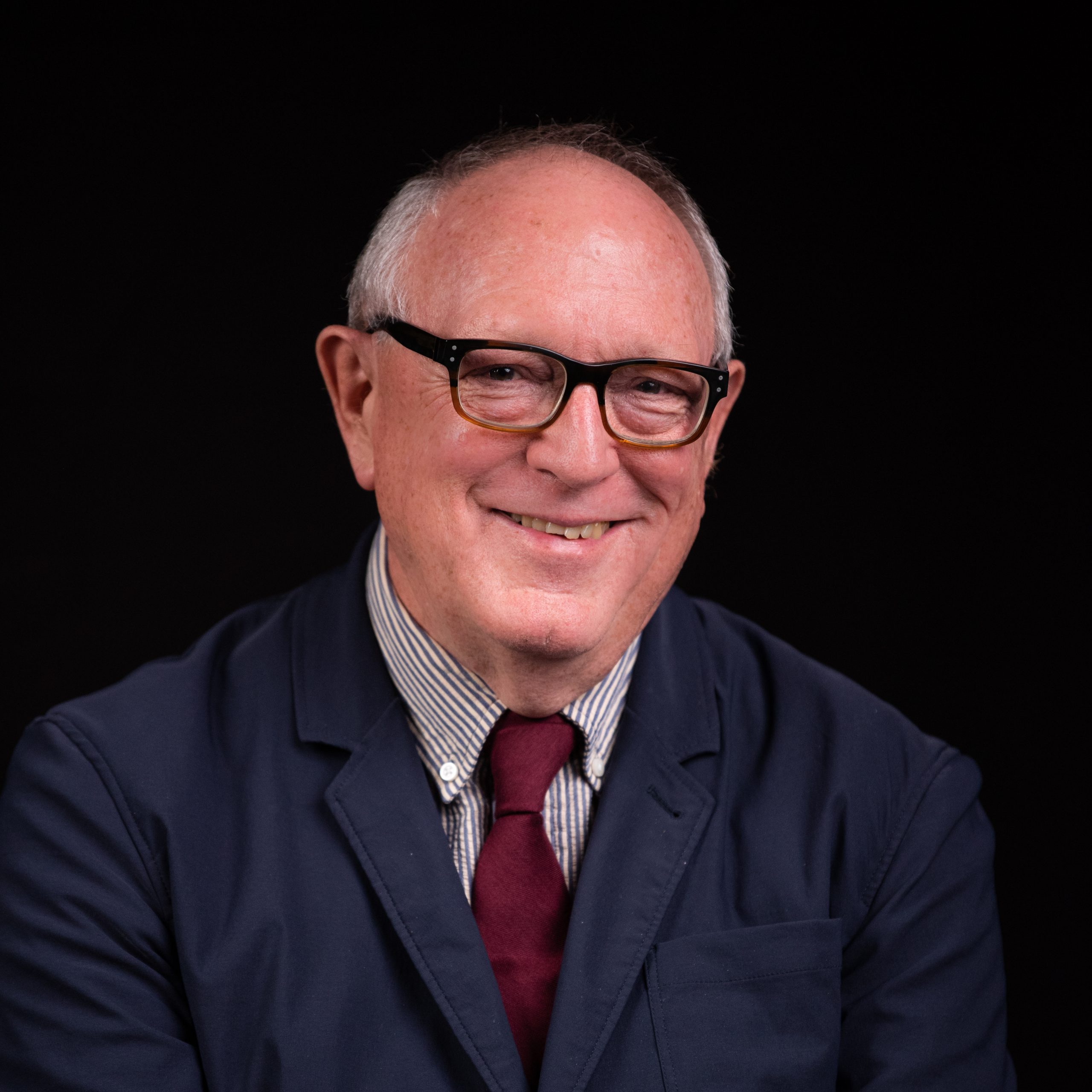Southern Baptists Must Remember That "A Ounce of Prevention is Worth a Pound of Cure" when Dealing with Error in our Convention
In the 1980s, while I was a pastor in Arkansas, David Dockery and Timothy George asked me to write the chapter on Herschel Hobbs for their Baptist Theologians. Most of the other contributors were assigned to men who had passed away (e.g., John Bunyan, Richard Furman, J. P. Boyce, B. H. Carroll), but I was in a position to interview my subject.
Dr. Hobbs graciously agreed, so I drove to Oklahoma City with my little recorder, hoping to get thirty minutes or so on tape. Turns out, I got to spend a couple of hours in conversation with this Southern Baptist giant, who’d been SBC president, the voice of The Baptist Hour, and chairman of The Baptist Faith & Message revision committee in 1963.
Early in the conversation, I asked what he made of the SBC conflict over biblical inerrancy. He said that the way those in the “conservative resurgence” [not his expression] were handling things was troubling, and I followed up by asking him how it should have been done.
His simple answer: “Prevention.”
He went on to explain that as early as the 1950s, there were murmurings, and that they continued on through the 1960s and into the 1970s. But by this time, it was “too late” to address them amicably:
“We heard protests. Not many at first, but we heard some protests. But we didn’t listen. I said we didn’t listen. I’m a party to it just like anybody else who was more or less in the thick of things. Then we heard more, but we still didn’t listen. After all, everything was going fine. Seminary enrollment was up. The Cooperative Program was up. Evangelism up. New churches and all. You know the old saying that if it’s working, don’t fix it.”
But things are not “working” so well today, and some “fixing” seems in order. Yes, earlier this year, Lifeway Research reported an uptick in baptisms since the COVID pandemic, but their headline qualified the findings: “In 2024, the Southern Baptist Convention baptized more new members since 2017 but still saw an 18th consecutive year of membership decline.” The corresponding Baptist Press story noted that “New England was the only region of the U.S. where Southern Baptist churches grew from 2018 to 2023.”
Of course, at the June meeting and as appropriate, we’ll hear about the upward-and-onward things our entities are initiating and enjoying these days. That’s what we do. And by “we,” I speak as the former Vice President for Public Relations of the SBC Executive Committee (1991-1995) and MBTS President (1995-1999).
It’s happy talk from the platform and in the exhibit hall. I was very happy to discuss how the Convention was functioning admirably after the conservative resurgence, despite the decades-long doomsaying from the “moderates” and the “big split,” when the CBF splintered off in a huff. Except for the Indiana Baptist, the other state papers had circled the wagons against the “fundamentalists” at the gates, either castigating the leaders for “bibliolatry” or condescending to say that these malcontents were “using a cannon to take out a mosquito.”
These were the same folks who reflected joyfully on the sweet peacefulness of meetings where prickly inerrantists were trumped or cowed. It brought to mind Patrick Henry’s speech, which began, “Gentlemen may cry Peace, Peace, but there is not peace…”
Providentially, the troublemakers persisted to the point that errantist (and errantist-indulgent) seminary leaders (including trustees) were forced to hand the reins over to the inerrantists. And, again, I was delighted to share that good news and to respond to critics in the media.
Through the early years of the conflict, Herschel Hobbs was a champion of peaceful, don’t-rock-the-boat solidarity in the convention. To be sure, he stood up for inerrancy in refusing to alter the BF&M’s 1925 declaration that the Bible had “truth, without any mixture of error, for its matter.” Some wanted to call Scripture “infallible,” but Hobbs declined. As he told the Historical Commission’s Ron Tonks,
“Infallible has two meanings; one is without error, the other that it fulfills its intended function. A dull knife can be an infallible knife if you use it only to cut butter. You will weaken the statement by putting in that word. I know it’s your pet word, and it’s the pet word of a lot of people, but it isn’t as strong as the words ‘without any mixture of error.'”
Still, his irenic temperament (or strategic SOP) compelled him to cut slack where no slack was due. When Hobbs was SBC president (1961-1963), MBTS professor Ralph Elliott stirred great upset with his book, The Message of Genesis, wherein he denied that Adam and Eve were historical figures, that the Noahic Flood was universal, and that God actually told Abraham to sacrifice Isaac (with the poor patriarch laboring under the pagan conviction that real devotion meant this sort of thing).
Hobbs came to Kansas City and concluded, after questioning the professor privately, “Dr. Elliott, you are not a heretic; you are a poor writer” (again, from the Tonks interview). He and the group then offered him a deal—that if he’d stop with further publication, they’d let him off the hook. He wouldn’t agree, so he was fired for insubordination.
When I arrived in Kansas City in 1995, I heard the back story to Elliott’s stand. Some of his faculty colleagues had taken a room at the same hotel as the trustee deliberations, and when Elliott told them of the offer, they pressed him to turn it down. So, he went back to the committee with fresh resolve. Of course, the “counsel” of those professors underscored the need for the Conservative Resurgence, begun in earnest in 1979 with the election of Adrian Rogers as SBC president.
In Hobbs’s presidential address to the messengers in 1962, he said,
“The greater body of Southern Baptists have always been a conservative people not given to extreme positions in theology either on one side or the other. They have been, so to speak, a middle-of-the-road people. At given times, the theological road has turned either to the right or to the left. But Southern Baptists have remained in the middle of the road. No Southern Baptist is justified in disturbing the fellowship by seeing how near the edge of the pavement on either side he can come and still remain on the road. A common road sign is applicable here. ‘Danger! Soft Shoulders!'”
To Tonks, he added, “We have never been extremists in anything…Southern Baptists are about five percent to the right and five percent to the left of center…but ninety percent of them are right down the middle of the road where Southern Baptists have always been.”
Sounds cool. But with all due respect for Dr. Hobbs, there’s a big problem when the road on which you are determined to “hold the middle” turns decidedly leftward in our day. Hobbs passed away in 1995, about the time the Overton Window was coming to public consciousness. In practice, Hobbs was working with a paradigm of straight-highway-fixity, where the cultural route (including the SBC’s highway) ran true to the horizon (the sort of thing we saw traversing central Wyoming this month). The problem always lay with malcontents, fussbudgets, and blockheads who’d try to steer us into the ditch. However, as Joseph Overton led us to understand in the 1990s, all cultures are vulnerable to “the bends,” whereby what was once unthinkable becomes, in turn, radical, acceptable, sensible, popular, and ultimately, policy.
As we’ve seen among “progressive” evangelicals, those taking the middle-of-the-Overton-Road route are prone to hug left and punch right, tender toward the sentiments of “liberationists” and “latitudinarians,” while harsh toward the scruples of the “reactionaries.” And right in the middle of this road, you typically find the bureaucrats who want everyone to make nice and keep things rolling (hence their overwhelming opposition to the Law Amendment, which nevertheless garnered strong, messenger-supported majorities in support, both in New Orleans and Indianapolis).
So, where are we today? Well, I would say we’ve been rolled as a denomination, willing victims of our “cultural betters.”
They’ve tried to inject Critical Race Theory into our bloodstream; paraded transparency-averse, bidness-slickness in our faces; dabbled in pronoun courtesy and countenanced plagiarism; urged the “Great Commission Resurgence” upon us in 2010, a program whose high ideals were misapplied to the gutting of fruitful, national/state/associational cooperation in missions, imposing a top-down, church-planting agenda; roused former NOBTS president, the estimable Chuck Kelley, to lament NAMB’s decline in evangelism emphasis; indulged an IMB president’s decision to serve concurrently as teaching pastor of a Virginia church; greenlighted ERLC heads only too happy to count themselves our patronizing gurus; submitted us, at great financial and reputational cost, to the “negligent and tortious” fulminations of the Houston Chronicle and Guidepost (made manifest by Allen Jordan’s painstaking documentation of the slanderous scam visited upon the SBC through these two entities).
As to this last debacle, one that has cost us millions in tribute to false gods, much of it is understandable. Tender souls are easily prompted. But not-so-tender souls, even Machiavellian adepts, have kept and extended power along this route.
Of course, some of the SBC’s decline is attributable to a general decline of Christianity in America. As a nation, we’re in a terrible spiritual fix, with the corps of “nones” ever growing. A sinking tide lowers all boats, as it were. But there are “mercy drops” of revival falling here and there—surprising new respect for faith in formerly hostile venues. New campus movements, with signal baptisms. Perhaps a spiritual dawn is breaking to address the woeful darkness. And perhaps an incremental gain in SBC baptisms is an element of this phenomenon.
Some think that the more we ingratiate ourselves to the culture and the more we remove offense to people on the way to discipleship under Jesus (He “who gets us”), the greater our (and His) prospects.
But Jonathan Edwards, who knew a thing or two about revival, offered up somewhat different fare, the sermon, Sinners in the Hands of an Angry God. Yes, we need a host of Johnny Appleseeds sowing throughout the land. But let’s not dismiss our Johnny Edwardses, who took their messages from the Bible rather than the cultural highway department.
Share This Story

